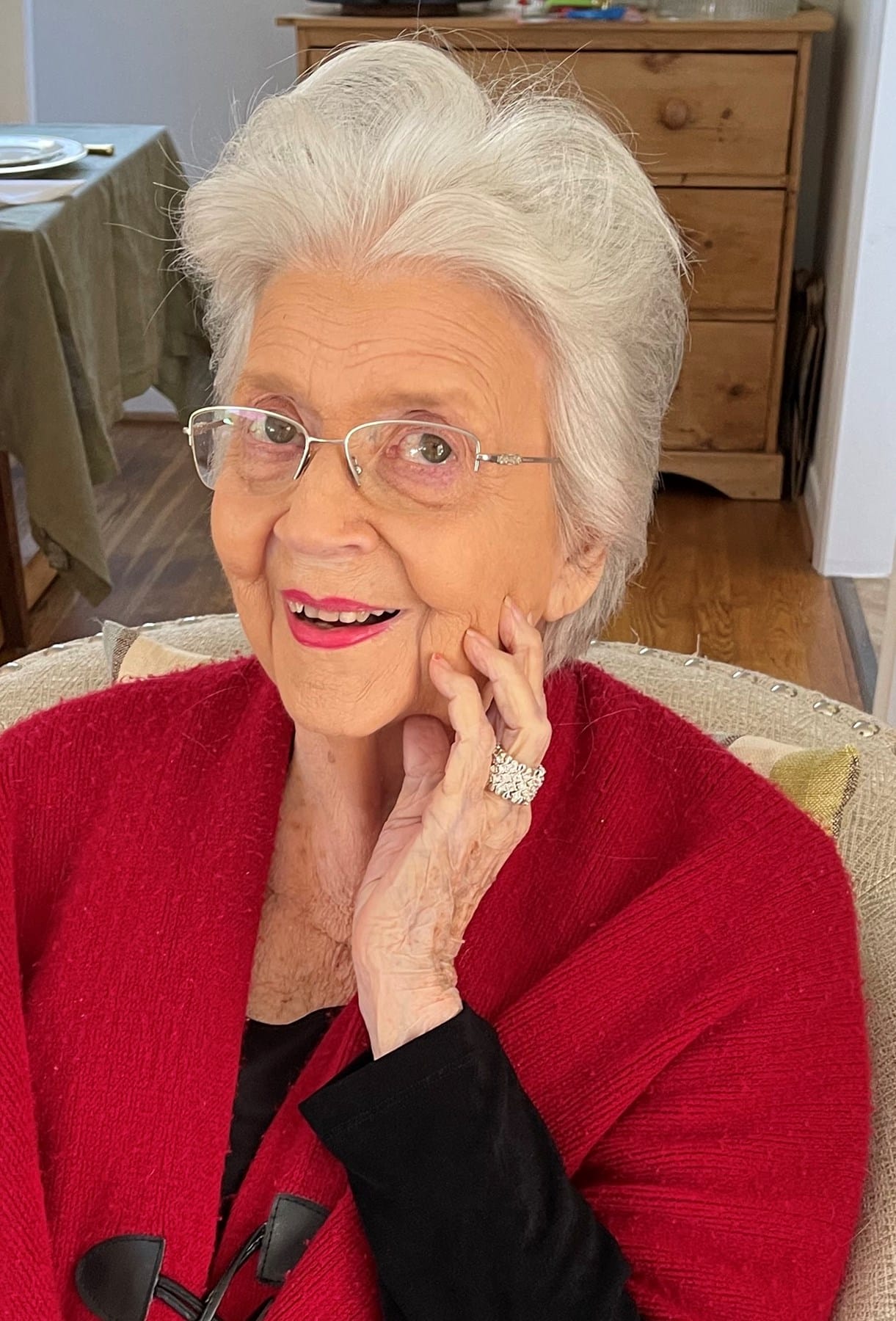Legal Career and Advocacy
Nancy Cleaveland, a seasoned family lawyer with over 15 years of experience in Jacksonville, Florida, has dedicated her career to navigating the complexities of family law. Her expertise encompasses a broad spectrum of legal issues, including divorce, domestic violence, estate planning, bankruptcy, and contract disputes. This breadth of experience likely provided her with a nuanced understanding of the challenges faced by families entangled in legal proceedings. Together with her husband, Michael, she co-founded Cleaveland & Cleaveland, P.L., a Jacksonville-based law firm specializing in collaborative family law and prenuptial agreements. This collaborative approach suggests a preference for resolving disputes amicably, minimizing conflict, and prioritizing the well-being of families.
The 2024 Judicial Campaign: A Bid for Fairness
In 2024, Cleaveland sought to bring her commitment to fairness to the bench, running for a judgeship in Florida’s 4th Judicial Circuit Court, Group 34. This circuit, encompassing Duval, Clay, and Nassau counties, handles a diverse range of cases, from felony criminal trials and complex civil litigation to sensitive family law matters. Cleaveland’s campaign centered on the principle of “fairness,” emphasizing her belief that everyone deserves equal access to justice and impartial treatment within the legal system. She received endorsements from organizations like the Fraternal Order of Police and several Republican officials, a combination that may reflect an appeal to both community safety and traditional values. However, she ultimately lost the August 20, 2024, primary election to Ashley Wells Cox, whose campaign was reportedly bolstered by a significant influx of “dark money,” or contributions from undisclosed sources. This raises questions about the potential influence of campaign finance on judicial elections and whether such funding disparities undermine the principles of fairness and transparency. [Did the influx of dark money ultimately tip the scales in favor of Cox? Further investigation is needed to understand the full impact of these financial contributions.]
Exploring the Nuances of Fairness in Family Law
Cleaveland’s campaign for the 4th Circuit judgeship highlighted the often-contested concept of “fairness” within the judicial system. In the realm of family law, fairness probably extends beyond the mere application of legal precedents. It likely involves considering the unique circumstances of each case, recognizing the emotional dynamics at play, and striving for resolutions that protect the best interests of families, particularly children. This can be exceptionally challenging in cases involving domestic violence or significant power imbalances between parties. [How might Cleaveland’s interpretation of fairness have influenced her judicial decisions? Would she have adopted specific practices or approaches to ensure equitable outcomes in family law cases?] While her vision for the 4th Circuit remains unrealized, her campaign sparked a vital conversation about the meaning and importance of fairness within the judicial system.
Beyond the Ballot: What Lies Ahead?
Although her 2024 judicial bid was unsuccessful, Cleaveland’s commitment to the legal field likely persists. [Is she currently practicing law, continuing to advocate for families in Jacksonville? Has her experience running for office shaped her perspectives on access to justice or the need for judicial reform?] Her campaign, though unsuccessful, may have planted the seeds for future endeavors, perhaps influencing other candidates to prioritize fairness and inspiring ongoing discussions about the role of money and transparency in judicial elections. [Will she consider running for office again in the future? Only time will tell.]
Who is Nancy Cleaveland? A Deeper Dive
Born in Orlando and raised in the Lakeland area, Cleaveland has deep roots in Florida. She graduated from Lakeland Christian School before earning a bachelor’s degree from the University of Florida in 2003 and a law degree from Florida Coastal School of Law in 2008. These educational achievements laid the foundation for her career in law and likely contributed to her understanding of the legal landscape in Florida. She has been married to her husband, Michael, since 2011. Together, they are raising two daughters, Olivia and Hannah, and share their home with their dog, Riley. This personal background suggests a commitment to family and community, values that likely influenced her judicial aspirations. Cleveland’s decision to run for office wasn’t likely a spontaneous decision, but rather a culmination of her experiences within the legal system and her desire to create a more just and equitable court for all. Her 2024 campaign, though ultimately unsuccessful, showcased her dedication to public service and her belief in the importance of fairness in the judicial system.
For further insights into the political landscape, you might find it interesting to explore the profiles of other figures like Melinda Mercuri and Lauren Witzke.
Understanding Cleaveland’s Judicial Vision for the 4th Circuit
Cleaveland’s vision for the 4th Judicial Circuit was rooted in her deep-seated belief in fairness. She envisioned a court where everyone, regardless of their background or circumstances, would have an equal opportunity to be heard and receive impartial judgment. This vision was likely shaped by her extensive experience in family law, where she probably witnessed firsthand the impact of judicial decisions on individuals and families. Her campaign emphasized the need for a balanced approach to justice, where the scales are not tipped by factors such as wealth, influence, or political connections. This contrasts with the campaign of her opponent, Ashley Wells Cox, which was perceived as more conservative and benefited from substantial “dark money” contributions. This difference in campaign funding raises concerns about transparency and may have contributed to the disparity in the election results. [Did this undisclosed funding give Cox an unfair advantage? This question deserves further scrutiny.] Cleaveland’s defeat does not diminish the importance of the issues she raised. Her campaign sparked a crucial conversation about the influence of money in judicial elections, a topic that merits further investigation and public discourse.
Key Endorsements and Campaign Highlights
Cleaveland’s campaign was built on the cornerstone of fairness, a principle she believed essential for a just legal system. This commitment wasn’t just a campaign slogan but a deeply held conviction, likely rooted in a formative childhood experience. Witnessing what she perceived as an injustice—a homeowner being sued by an intruder—may have instilled in her a lifelong dedication to ensuring equal access to justice for all. While information on specific endorsements may be limited, it’s probable that Cleaveland sought support from organizations aligned with her values, such as groups advocating for judicial reform, access to justice, or victims’ rights. Her focus on fairness undoubtedly resonated with many voters, particularly those concerned about impartiality and transparency within the judicial system. However, the influx of “dark money” into her opponent’s campaign raises concerns about the potential influence of undisclosed funding on election outcomes. [Did this funding disparity play a decisive role in Cleaveland’s defeat? Further investigation is needed.] Regardless of the outcome, Cleaveland’s campaign highlighted the importance of fairness, transparency, and campaign finance reform in judicial elections, issues that deserve ongoing attention and discussion. Her legal background, specializing in family law, estate planning, and probate, equipped her with a deep understanding of the legal challenges faced by families and individuals. This experience, coupled with her commitment to fairness, may have informed her vision for a more just and equitable judicial system.
- Discover Long Black Pepper: Flavor & Health Benefits - April 25, 2025
- Shocking Twists: The Grownup Review: Unreliable Narration - April 25, 2025
- A Quiet Place Book vs Movie: A Deep Dive - April 25, 2025
















